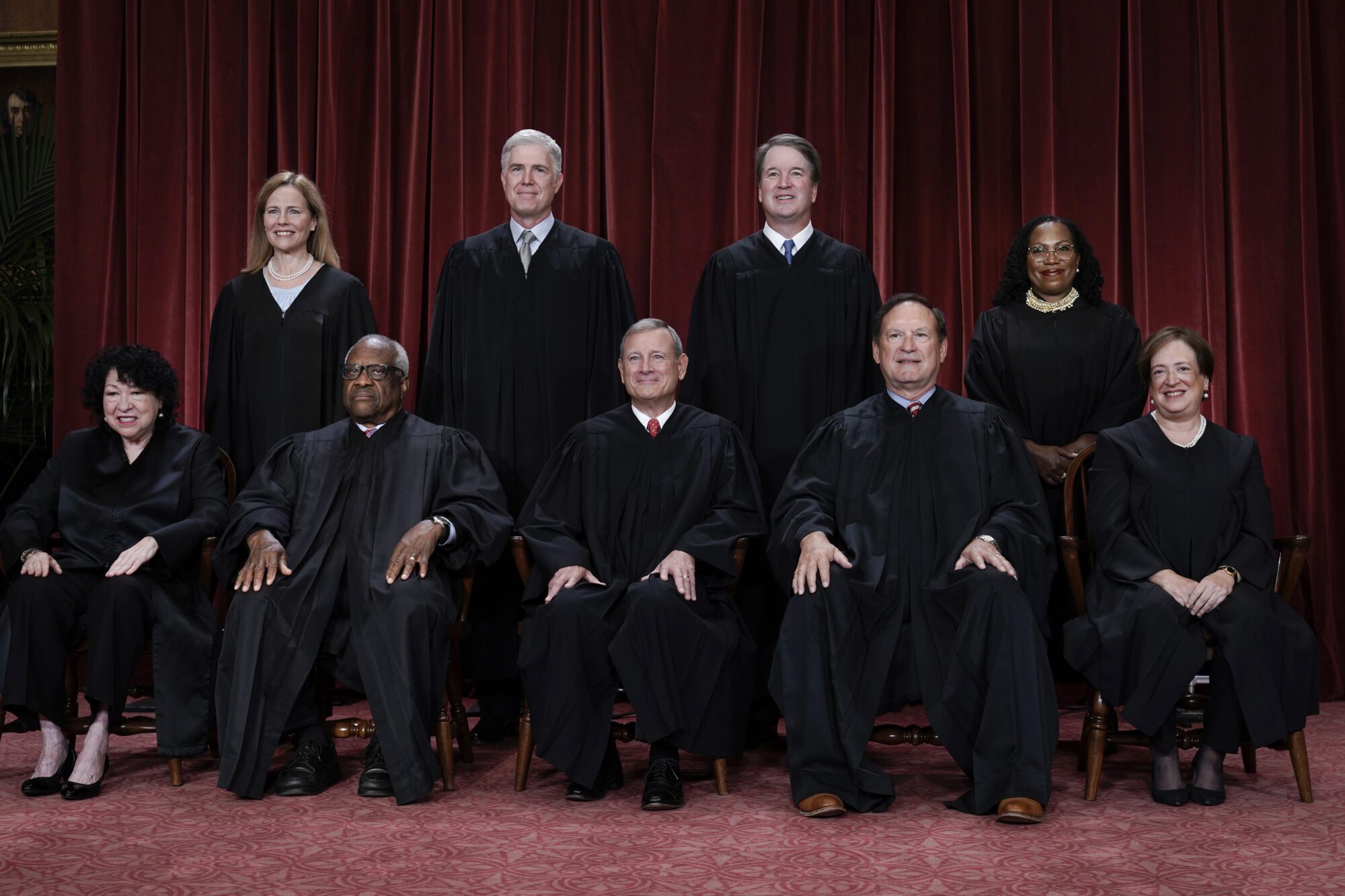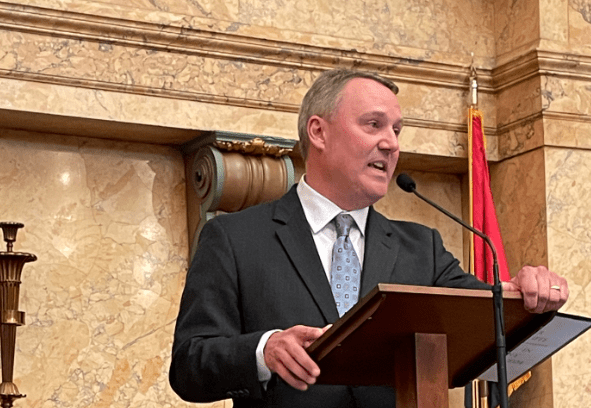Mississippi House of Representatives Weekly Summary
Week of February 15, 2016
Committees got off to a quick start this week in preparation for the February 23 deadline.
The Insurance Committee on Monday held a hearing to discuss House Bill 190 (HB190), which would create an electronic bondsmen registry, a bail bond database and ratios for deposit of securities a bondsman must meet to write bonds. The Department of Insurance Commissioner Mike Chaney discussed how his office receives complaints from sheriffs, clerks, bail agents and representatives from the judicial branch about how the bail bond business is conducted. Commissioner Chaney, who favors the legislation, said if implemented, this bill would regulate the industry and raise professional standards. It would create greater transparency of the bail bonds written in this state. Three major problems exist in the current system that Commissioner Chaney has noticed: the existence of counterfeit bonds, no current requirement to track bonds and a large amount of money owed to counties.
Opponents of the bill noted there is already a form of a registry in current law. They also believe that a database would not help solve problems associated with criminal activity. The language as presented could immediately, upon the law taking effect, shut down many personal sureties. This would lead to most companies going broke due to a loss of cash flow and would result in cities and counties not getting paid on forfeited bonds.
Some bills discussed and passed out of the Education Committee this week include:
House Bill 51 increases the Third Grade Reading Gate requirement and is seen as a next step to the legislation passed a few years ago. Implementation of this bill would raise Mississippi up from a level from the lowest achievement level in reading. The language provides another year at the current level, then phases in the new requirements over a two year period. With this bill, the Mississippi Department of Education is asking the Legislature to push the bar up a little. Under the current Third Grade Reading Gate standards implemented, 92 percent of third graders passed last year.
House Bill 1044 permits students to cross district lines to attend a charter school. The intent of the bill is to provide additional educational opportunities for students in rural areas.
House Bill 33 revises the Equal Opportunity for Students with Special Needs Act. Eligible students now include those with active Individualized Education Plans (IEPs) for five years, up from the year and a half in the original bill’s language.
House Bill 943 renames the “Equal Opportunity for Students with Special Needs Act” passed last year to the “Equal Opportunity for All Students Act,” while expanding the program. Approximately 115,000 students are located in D and F districts combined, while there are roughly 90,000 students living in C districts. Priority for the Education Scholarship Accounts still goes to students with special needs. However, enactment of this legislation would then extend the application process to low-income students then to students located in failing districts.
House Bill 950 extends the Dyslexia Therapy Scholarship to include students through the twelfth grade. The scholarship originally only applied to students through the sixth grade.
In the House Judiciary B Committee:
House Bill 1523 creates the Religious Liberties Accommodation Act and states that pastors, faith-based healthcare institutions and schools and circuit clerks who hold certain religious and moral beliefs are entitled to protection against discrimination for holding these beliefs. Opponents of the bill argue the language permits certain people to discriminate against others.
House Bill 553 increases the penalty for human trafficking. The proposed enhancement for those convicted of human trafficking crimes would be life in prison or fines no less than $100,000 and no more than $500,000.
The Public Health and Human Services Committee addressed and passed several bills, including House Bill 1178. HB1178 revises the procedures defining and regulating the practice of telemedicine. Telemedicine is defined as the remote diagnosis and treatment of patients through telecommunications technology. The practice allows medical access to people who may live in more rural areas that do not have access to or the ability to travel to medical facilities. The four parts of the bill state: 1) Telemedicine companies must offer services by other means like video and internet, in addition to telephone. 2) The companies must also offer patients an option of how they would like to receive treatment. 3) The companies must offer the same price to the patient regardless of which option they choose. 4) Treating physicians must be licensed Mississippi physicians.
During a Joint meeting between the Senate and House Transportation Committees, the Mississippi Department of Transportation (MDOT) presented an overview of the department’s needs. MDOT is responsible for maintaining 30,000 highway miles; inspecting and maintaining approximately 5,775 bridges; supporting 2,600 rail miles, 150 airports, 69 public transit providers and 16 ports; removing more than 290,000 bags of litter from highways each year and supporting 90 percent of all commercial traffic and 60 percent of statewide traffic.
Each year, MDOT receives costs of materials necessary for the maintenance and construction of the state’s highway systems. The bottom line for all these materials has increased 488 percent since 1987, while the revenue level set in 1987 has not been adjusted at all. The goal of MDOT is to bring state-owned infrastructure up to a satisfactory level during the next 10-15 years.
The House Transportation Committee passed House Bill 1381, which creates a preemption to allow transportation network companies, like Uber and Lyft, the ability to operate in Mississippi without fear of being shut down by local governments.
Committees have three full days to continue to meet before the 8 p.m. deadline on Tuesday, February 23.
2/19/16







